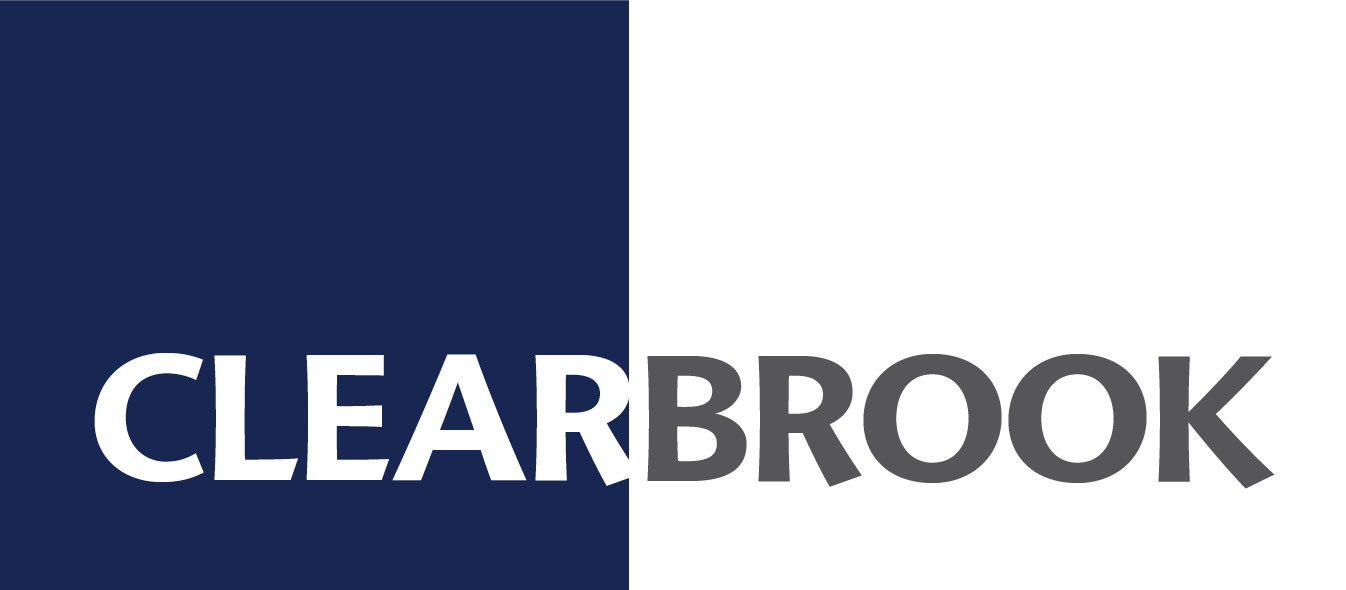I am not a PHD in economics or academic scholar by any stretch of the imagination, but I was in a chair managing investment grade debt during the last GFC where we all ran around saying “but it is AAA!” Lou Rainier, one of the founding Fathers of securitizing mortgages, created the cash flow waterfall, which in the end might be described as going over Niagara Falls in a barrel. Why?
Certain assets like homes and real estate are considered sacrosanct – too important or valuable to be interfered with. However, if you broke down the total cash created from a monthly payment and distributed unequal parts to different quality rated pieces and then for the last piece added leverage, you might be able to create value greater than the underlying asset. Thus, the statistical analysis of risk, reward and time was the special sauce, but the piece de resistance was the lender of last resort – the US Government. How could you lose?
For those that believe history repeats but in a different suit, we are on the precipice of another Russian collapse, Long Term Credit or Thai Baht scenario loosely related where the range of probability may be tested and “tail risk” comes into play. The ratings agencies are nothing more than a massive statistical algorithm, boiling credit risk from odds of happening and then put into different buckets noted by the alphabet. They do their best, but todays variables happen at lightning speed. Although large pension funds and insurance companies line up at the trough for high-quality paper, they rarely spend much time assessing the odds of a complete failure of draconian value drops.
The real estate declines are far from over. In my humble opinion, what has yet to be absorbed by investors is not that a building is completely worthless, but the amount of time that is needed to rebuild the cash flow to support the bricks and mortar. Our financial foundation is based on the time value of capital – lending, borrowing and growth. In an impaired asset, everyone loses but not equitably.
Many Titans of the Real Estate market see value, hope and opportunity. That is their business. But today represents a warning sign as to how approach the asset class. Are there diamonds in the rough – sure, but are you the gemologist who knows the value? A dear friend and one of the most knowledgeable people I have ever met in commercial real estate used to joke: you own a house, then you are in charge of real estate. You own a pool, then you are head of hospitality. You own two homes, then you are head of multi-family. There are more real estate experts than actually pieces of property. It is prudent to have an option, but make sure you are qualified to ask the right questions.
An OCIO or consultant is trained to know many of both the questions and the answers.
- How well do you understand the capitalization of the property?
- Are you investing in one huge asset?
- Is it a repricing of a legacy asset or portfolio that may need to be “amended and extended?”
- Are you working from a cash flow or dividend creation standpoint or stable asset balancing against higher risk assets?
- Is the Vulture Fund being presented just the high-grade fund of last year but simply marked to market and a new pretty deal book?
- All real estate is structured differently and none are equal.
I fear that right now, too many investors seem to be just buying another canary to put in the coal mine as the previous one drops off their perch.


